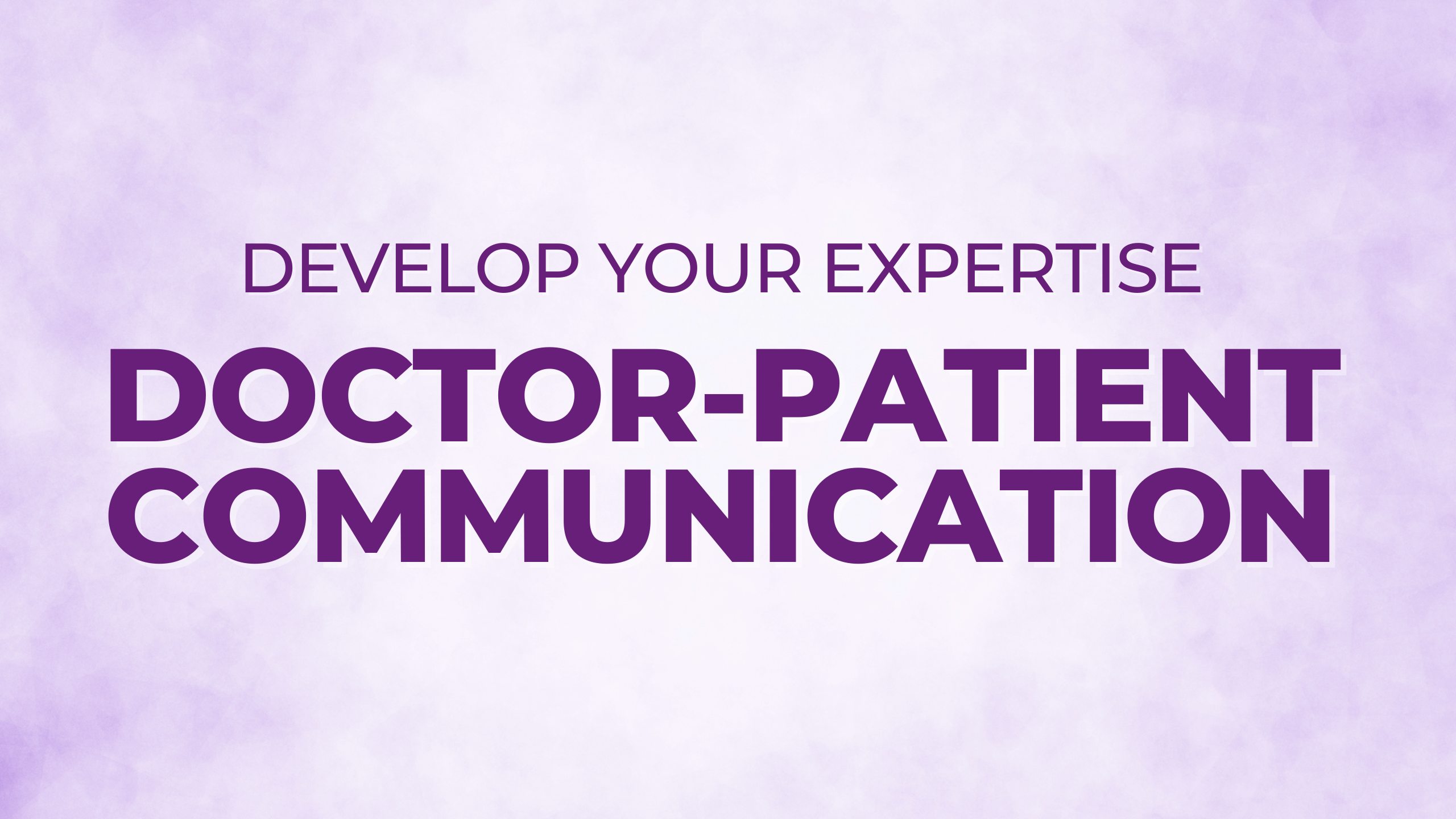It’s not uncommon for people to confuse passing an exam with actual learning. At MedStudy, our goal is to make learning medicine easier. To do that, we produce quality study resources and share what we know about the best ways to study—so that you retain more medical knowledge in less time. We call it the MedStudy Method. The MedStudy Method is rooted in the idea that if you want to build strong, durable memories of facts and information, you must base your methodology on the way memory works.
There are 3 stages of the memory process that come into play when you study:
- Encoding. When you experience an event, all the information is funneled to the hippocampus and converted into a neural code that can be stored and accessed. Encoding is reinforced by good health and attitude; an event’s importance; sights, sounds, and smells you encounter; emotions you feel; an interesting storyline; and effective study techniques.
- Consolidation. It takes hours to days after encoding for your brain to successfully convert the new memory into long-term memory. During this process, elements of the memory are associated with similar, previously saved memories and stored into your brain’s “semantic network,” made up of everything you remember and know.
- Retrieval is the process of recalling a memory. Every time you do this, the memory, along with any new information, is reencoded and reconsolidated over hours to days. Each round of recall, reencoding, and reconsolidation results in a more robust, better defined, more durable, and more easily recallable memory.
Using the 3 stages of memory process as the foundation, the MedStudy Method suggests techniques that support and enhance memory retention. Let’s start our discussion at the end of the memory process—with the third and most important of these memory stages—and work our way to the beginning:
Retrieval
Studies show that repeatedly recalling previously learned information is the most powerful way to build durable, easily recalled memories. It’s called “retrieval practice.” The more effort you put into recalling facts or concepts, the stronger the memory becomes. Examples of this technique include previewing, pondering, reflecting, and most importantly, self-testing with Q&As and flashcards. The key is to remember as much as you can before looking up the answer.
Researchers postulate that retrieval practice—searching your memory for the information, even by guessing—has a priming effect, which activates all your knowledge about the topic you’re studying, making the brain “sticky” for more information.
Encoding and Consolidation
Even before you focus on retrieval practice, there are things you can do to get facts and information more effectively encoded and consolidated:
- Optimize physical and mental health
- Sleep better—it’s crucial to memory consolidation.
- Exercise improves short-term memory and increases the size of the hippocampus.
- Manage stress by balancing work with relaxation and play.
- Practice mindfulness, which reduces stress and helps you maintain focus.
- Address learning disabilities. If you’ve had trouble with reading, calculating, learning, or testing, do a thorough learning disability assessment.
- Vary where you study. Encoding improves when you study in varying surroundings with mild distractions. That’s because the brain attaches more importance to differences in our surroundings than the surroundings themselves.
- Create an interesting storyline. Stories are a series of events, and our memory mechanisms are most comfortable cataloging these.
- When retrieving information by self-testing with Q&As: Imagine the person in the question stem is your patient or a close relative. If you chose the wrong answer, play out how this story ends. But then, after learning the correct answer, re-imagine the story with a new, happier ending.
- When drawing a concept map: Most of the power of the concept map is the thought that goes into creating it. By bringing a story in, you are turning your map into an event—hacking the brain to remember it better.
- Interleave the content. Interleaving is combining multiple topics into one study session, spending 5–10 minutes on each. Why does it work?
- Attention. You remain fresher, with better focus throughout the session.
- Retrieval. Bouncing back and forth between topics is retrieval practice.
- Contrast. Mixing concepts forces you to compare and contrast, building a more robust understanding of each topic.
- Activity. Interleaving is active learning, which helps maintain your focus and deepens understanding.
Using the MedStudy Method will not only help you remember more, faster, but it will help you retrieve relevant knowledge when you need it most. Learn more about how the MedStudy Method can strengthen your learning in the Studywise Guide. It's a free, quick read that will set you on a path toward long-term retention and recall.
Related Categories
Get blogs straight to your inbox
Sign up for our weekly newsletter


